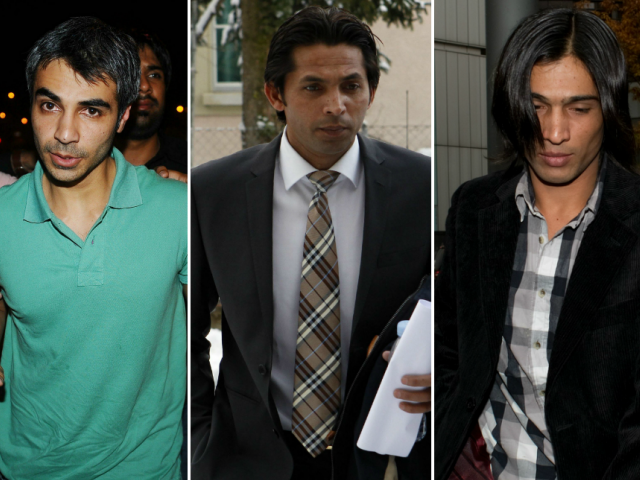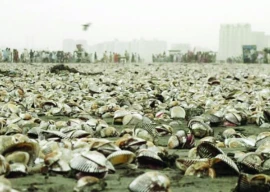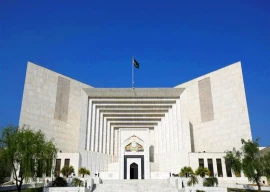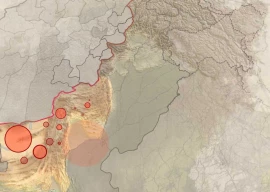
“So, these three players you mentioned have been dealt with. They’ve been punished. They’ve met their punishment. It’s now a matter, I think, for their home board to decide whether they should ever grace an international cricket team again,” told Flanagan to the ICC website.
“That’s not just a question of ability, that’s a question of their remorse, their realisation of how wrong their behaviour was, and their willingness to use that negative experience of theirs in education programme, so there are a whole range of elements in the decision‑making process.
“So, I can think one thing personally, but I mustn’t ever let what I think personally prevent the professional discharge of my responsibility, and my responsibility was to bring those players to justice, and they were brought to justice.
“What happens to them thereafter, I think is very much a matter for their own home board, first of all, and I know they are going through a rigorous rehabilitation programme, and I will watch with interest to see the results of that programme.”
The PCB has ruled out an early return for these cricketers. The players are pleading the board to allow them to make a comeback soon to show that they have changed for good.
Amir is satisfied representing his domestic side and believes he needs to perform well in first-class matches and only then he will think about moving back to the international arena.
Meanwhile, Butt insisted that the board should not isolate these players and rather help them for the redemption of their careers.
However, the former chief constable in Northern Ireland Flanagan said that he has an opinion of the trio but his professional designation has a different role to play.
“You know, when you ask me that question, I think back to the times when I was a chief constable in Northern Ireland, and when we had the peace process going forward.
“For example, part of that peace process was that prisoners were released earlier than they might have been, and I was often asked, in a sense, slightly similar questions. My answer was always: I answer that from a personal point of view. In those days, my professional responsibility was to bring people into the criminal justice system, and it was the responsibility of other elements of that system to deal with them. And it’s just like that in cricket.
“My professional responsibility as chairman of the Anti-Corruption Unit is to bring people to justice if they engage in matters of corruption. What actually happens to them thereafter has to be a matter for an independent tribunal, if it’s internal to cricket, or indeed if that case of the three Pakistan players, a matter for courts of law, as well.”

















COMMENTS
Comments are moderated and generally will be posted if they are on-topic and not abusive.
For more information, please see our Comments FAQ